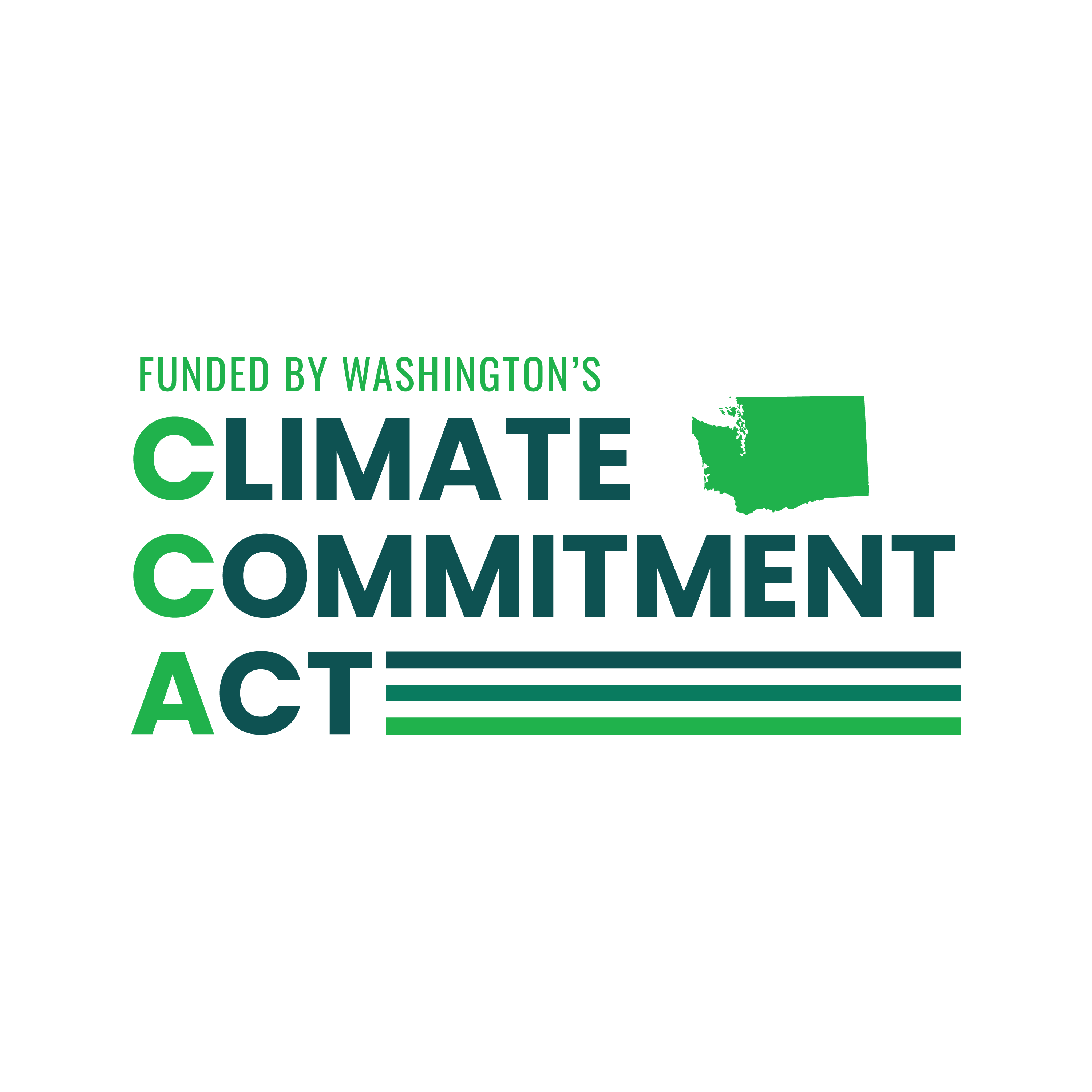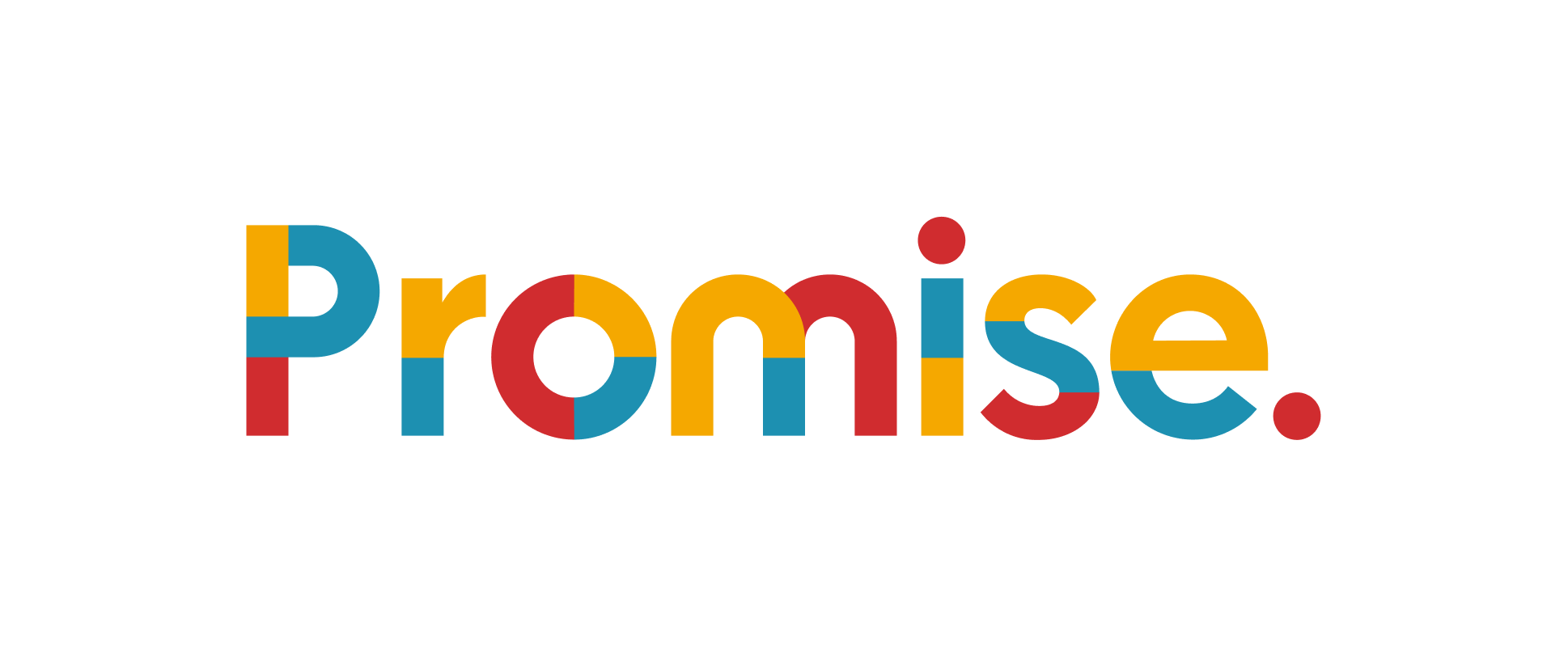Up to 675,000 Washington households will see electricity bills reduced by $200 thanks to the state Climate Commitment Act. The Washington Families Clean Energy Credits Program, supported by $150 million from the state Climate Commitment Act, will assist low- and moderate-income households with the clean energy transition.
The Department of Commerce will distribute grants to all electric utilities in Washington that serve residential customers, enabling them to pass on $200 bill credits to eligible customer accounts by September 15, 2024.
Who is eligible for credits?
Electricity customers with low to moderate household income are eligible to receive a one-time $200 bill credit. Qualifying customers will have the bill credit applied to their active utility account by September 15, 2024. Credits may be applied automatically, and other customers can visit a website to see if they qualify.
If a customer is enrolled in their utility’s ratepayer assistance programs, such as senior, disabled, or Low-Income Home Energy Assistance Program (LIHEAP) they may already be qualified to automatically receive a credit from the utility without taking any action.
Customers who may have enrolled in other assistance programs through local community agencies, such as home weatherization or nutrition assistance, may also qualify for an automatic credit.
To see if you qualify, please visit WACleanEnergyCredits.com or look for information in your utility billing statement to find more information about this bill relief program.
How does the program work?
Every electric utility across the state that serves residential customers is eligible for grant funds in this bill relief program.
Participating utilities are required to enroll customers in the program whose household income is defined as low-income by the U.S. Department of Housing and Urban Development. If funds permit, utilities have the option to expand eligibility to households with incomes that are defined as moderate-income.
For a family of four living in areas of the state with the lowest cost of living, this equates to a qualifying household income of $72,000, and up to $135,000 if funding allows. In areas such as Seattle, Everett, and Vancouver, the qualifying income for a four-person household increases to $110,950, and up to $226,050 depending on available funding.
The program will allow more than 675,000 low- to moderate-income households, or approximately 20% of all residential electricity customers in the state, to receive a credit.
How will Commerce determine the funding distribution?
The Washington Families Clean Energy Credits grant program aims to directly assist those most impacted by energy costs as the state transitions toward a clean energy future by offering bill credits of $200 per household to eligible residential customers through their electric utility provider.
The Department of Commerce allocated funds based on the total number of residential customers served by an electric company and the following three criteria, weighted equally, to determine each utility’s final grant allocation:
- Utility service areas that are situated in locations experiencing disproportionate environmental health disparities according to the Washington Environmental Health Disparities Map
- American Community Survey poverty data
- Energy burden data from the U.S. Department of Energy
Partners
The CCA supports Washington’s climate action efforts by putting cap-and-invest dollars to work reducing climate pollution, creating jobs, and improving public health. Information about the CCA is available at www.climate.wa.gov.
Throughout the county, Promise helps government agencies more effectively reach out to and enroll eligible participants into affordability programs such as the Washington Families Clean Energy Credits Program. Promise’s results-driven approach helps utility customers increase program participation by reaching and enrolling the highest number of eligible residents.


